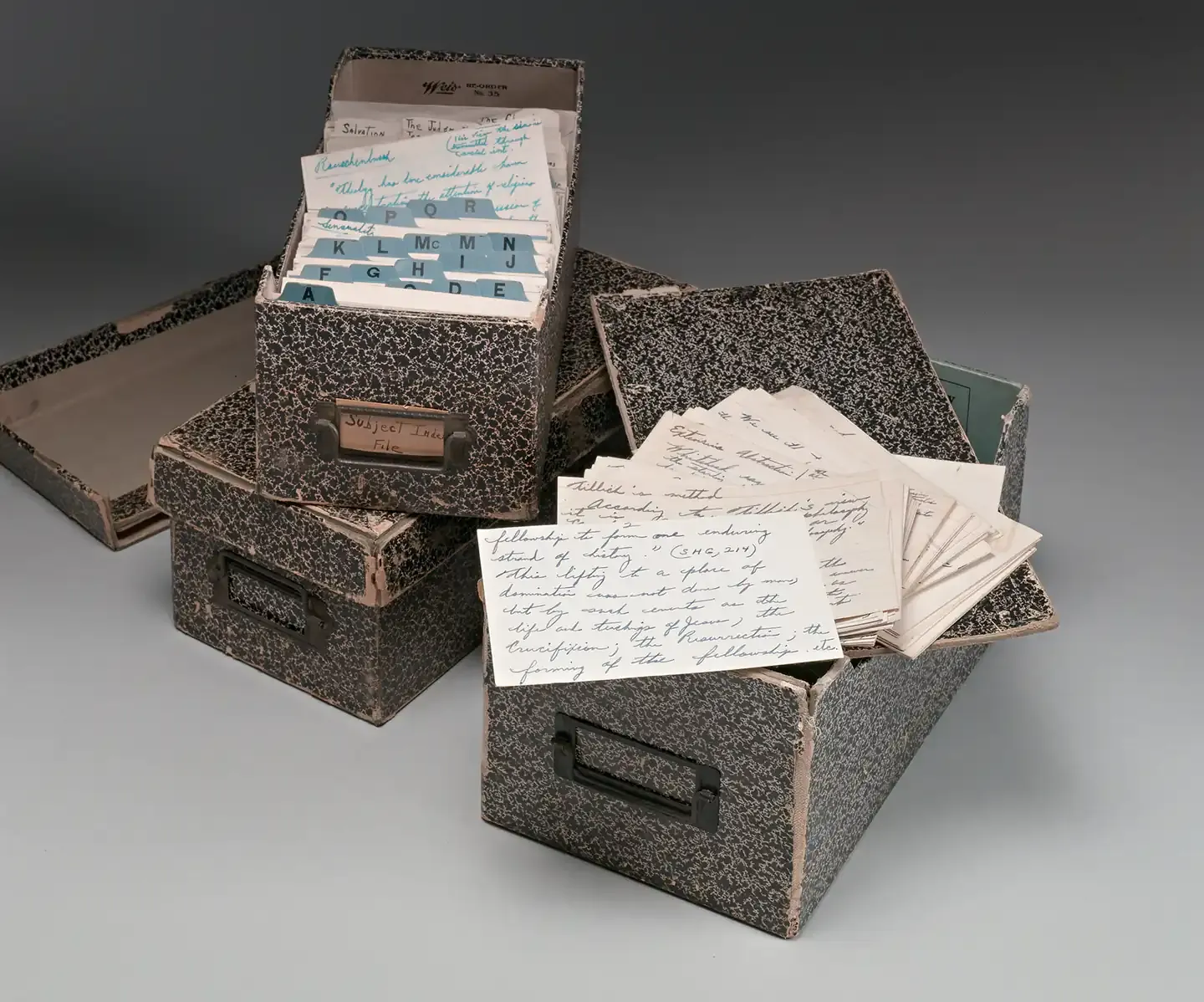reply to Karen Hume at https://jillianhess.substack.com/p/martin-luther-king-jrs-organizational/comment/47959537
It is incredibly unlikely that King was aware of Luhmann's organizational structure as their practices were contemporaneous right down to their starting years. Luhmann's ZK1 comprises 7 sections with about 23,000 notes written from about 1952 to 1961 while the Morehouse Collection indicates that concerning King's research notes archive "The bulk of the notes were taken as reference material for King’s coursework while a doctoral student at Boston University (1952-1955), including notes taken specifically as reference material for King’s dissertation..." I've been actively searching for several years now, and have yet to find anyone following Luhmann's structure until after the Marbach Exhibition "Zettelkästen. Machines of Fantasy" in 2013. Broadly most have historically followed a variation of a subject heading organization, with or without indexing, similar to that found in the commonplace book tradition and described in Johannes Erich Heyde's book Technik des wissenschaftlichen Arbeitens; eine Anleitung, besonders für Studierende (multiple editions including 1931 & 1951), which was a work Luhmann read when devising his own system.
Incidentally it looks like MLK was using Weis No. 35 boxes, a version of which is still available, now from Globe-Weis: https://amzn.to/3vVcO3c. Perhaps some enterprising teachers will help students create their own versions now?

